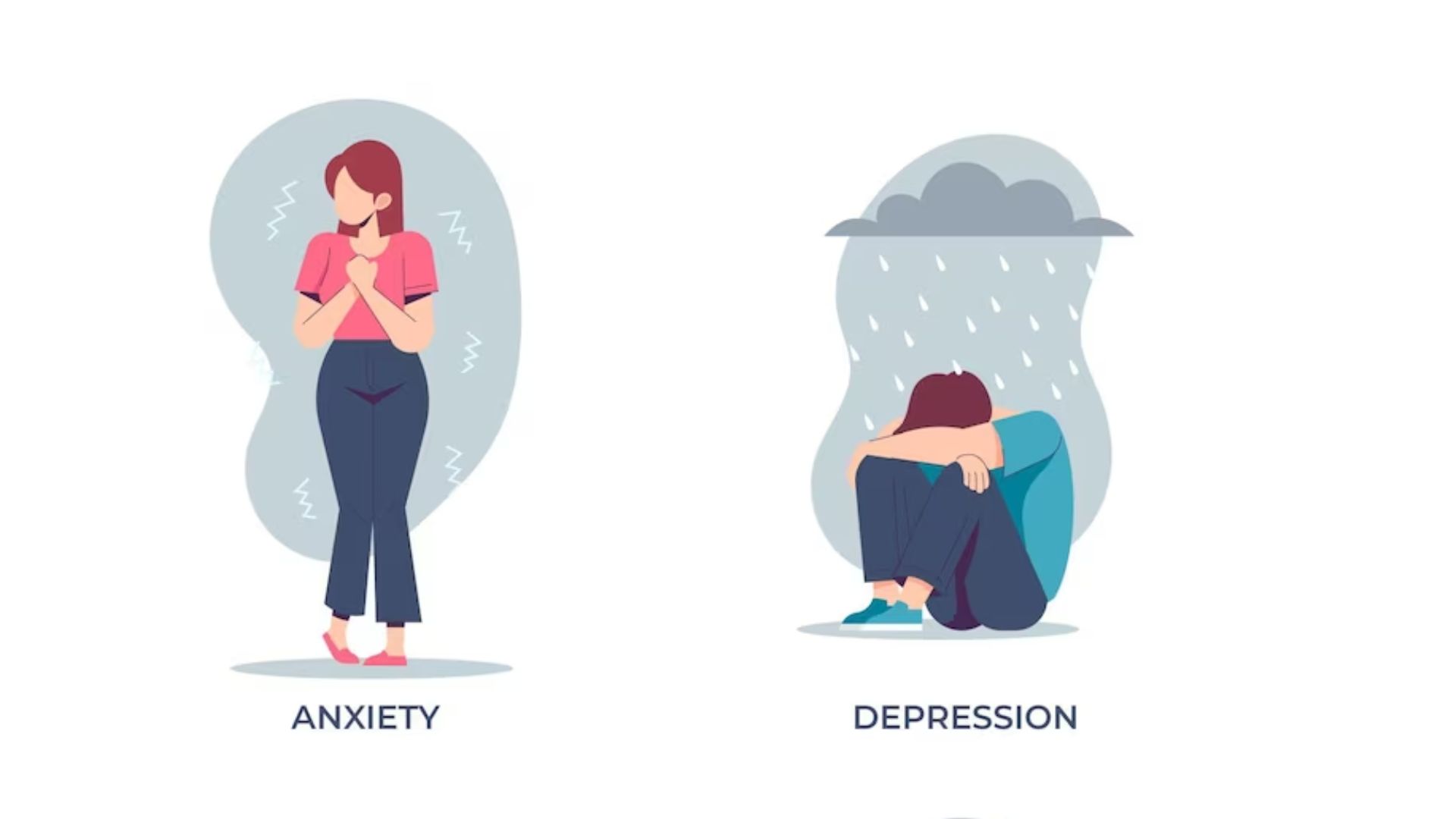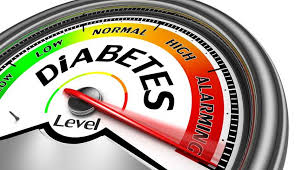Do you often find yourself grabbing something to eat every other hour? Or have you had days where you simply keep munching on snacks as you watch TV? Or do you always reach for a packet of chips involuntarily whenever you feel stressed?
If yes, then you might be Binge Eating.
“We know what is Binge Watching. But what is this Binge Eating?”
So, here is your answer:
"Binge Eating is a type of psychological disorder where a person overeats compulsively. The disorder is categorized by eating large amounts of food within short intervals of time, till the person is uncontrollably full. It is recognized as one of the most common eating disorders currently. A normal person eats whenever they are hungry, but people with this disorder eat food involuntarily even if they are not hungry."
Don’t know how to recognize this disorder?
Here are some common symptoms that can be observed in people who binge eat.
Eating a lot of food within smaller gaps:
If a person constantly keeps eating food every one or two hours even if they are full, then this might be a sign that they are binge eating or having binge eating episodes.
Eating the food quickly:
 When a person has their food very quickly, it must not be confused with hunger. They might be having this disorder. If the pace of having their food is extremely fast, then it is a sign of the disorder.
When a person has their food very quickly, it must not be confused with hunger. They might be having this disorder. If the pace of having their food is extremely fast, then it is a sign of the disorder.
Having no control over food intake.
Do you find it very difficult to control how much food you can have?
Normally, we ought to have complete control over how we eat, what we eat and how much can we eat. But when a person cannot control their food intake and eats constantly, it might be a sign that they binge eat.
You feel bad about yourself after you eat:
Binge Eating usually leads to obesity. When a person binge eats, it also is accompanied by a feeling of self-loathing or disgust. You feel bad after eating so much and also start hating your body.
You are hiding yourself when you eat something:
 As mentioned earlier, one starts to feel guilty about what they eat if they binge eat. This leads to becoming sensitive towards what others think when you’re having food.
As mentioned earlier, one starts to feel guilty about what they eat if they binge eat. This leads to becoming sensitive towards what others think when you’re having food.
So if you find someone who is hiding and munching on something, then it might be because they are binge eating.
Now that we have talked about the possible symptoms of binge eating, we should also know what causes binge eating.
Most Eating Disorders can be caused by multiple reasons like….
Being conscious about your body:
If a person feels extremely uncomfortable about their weight or body shape, then they might feel a sense of shame. To feel better, they start consuming food involuntarily.
To fill a void:
If a person has recently faced some trauma or experienced loss, then they start seeking food to fill in that void and feel less sad.
Can be linked to depression and anxiety:
 Binge Eating can also be part of the many symptoms of Depression or Anxiety. When a person is depressed, they try to tend towards things that make them feel a little better. Similarly, people with anxiety can also consume larger amounts of food to overcome racing thoughts or feel less distressed.
Binge Eating can also be part of the many symptoms of Depression or Anxiety. When a person is depressed, they try to tend towards things that make them feel a little better. Similarly, people with anxiety can also consume larger amounts of food to overcome racing thoughts or feel less distressed.
Can be genetic:
Binge Eating can also be genetic as this disorder has a possibility of running in the family, hence passing it down.
Although these are only the possible reasons, one must be careful nonetheless.
It is important to understand that this psychological disorder can lead to many other health hazards……
So, here are the possible health risks.
Obesity:
When a person keeps overeating, they are more susceptible to gaining weight uncontrollably.
Having a higher cholesterol:
Food must be consumed in control, or else it leads to extreme conditions like having higher cholesterol levels.
Risk of getting Type 2 Diabetes:
 Overeating can lead to a rise in blood glucose levels in your body. When someone binge eats, there is a spike in glucose levels, hence making them more susceptible to getting type 2 diabetes.
Overeating can lead to a rise in blood glucose levels in your body. When someone binge eats, there is a spike in glucose levels, hence making them more susceptible to getting type 2 diabetes.
Having a bad metabolic rate:
Our digestive system always needs time to process and digest our food. When someone constantly eats a lot of food, without giving the “much-needed rest,” the body’s metabolic rate starts to slow. When we eat a lot of food, the body expects more food, which leads to lowering burning calories.
Conclusion:
Binge Eating Disorder is a serious psychological disorder that people should not ignore. It leads to more risks if neglected. That is why it is important to understand the graveness of this disorder. It is normally observed in teenagers, hence making them even more susceptible to cardiovascular diseases at a pretty early age. If you find these symptoms or observe them in someone you know, then do reach out to a doctor.
